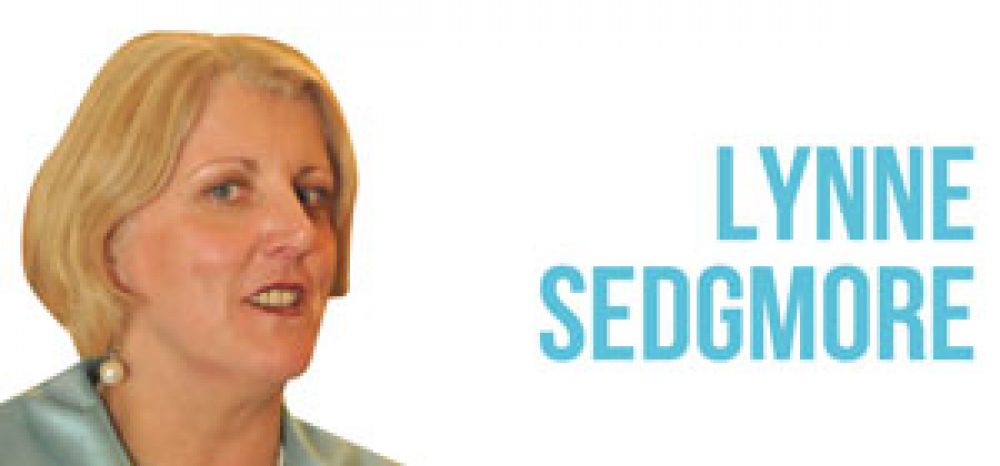The clear recommendations of the Lingfield report reflect the complexity of the sector, says Lynne Sedgmore, executive director at the 157 Group. Shame about the blip on 14-18 education…
The final report of the independent review panel into professionalism in FE — the Lingfield report — deserves to be widely and carefully read.
Unlike many reports of recent years that merely repeat conventional wisdom and grand rhetoric, this paper deals carefully and constructively with some longstanding and difficult issues.
The recommendations are clear and reflect the complexity of FE. It is evident, for instance, that the authors understand the sector. They note the variety of audiences that it serves and, while recognising the difficulties that such diversity can cause, do not resort to easy proposals.
The Lingfield report is refreshing in setting out what is good about FE”
The complexity of the sector is there for a reason, and while it may desirable to have more clearly defined roles, or less confusing qualifications, change needs to be approached with caution.
The report is also refreshing in setting out what is good about FE. It is important, for instance, to record that its performance has improved immeasurably since incorporation in 1992 — that it readily compares with similar systems in other advanced countries — and that colleges now have highly sophisticated management and governance.
In particular, the report highlights how FE institutions have taken on responsibility for maintaining and improving quality, and how they have a clear focus on improving teaching and learning.
In light of this progress, the report is right to conclude that the time has come for a new settlement for the sector.
The 157 Group has welcomed the steps that the government already has taken to reduce regulation, but has also been among those arguing that this needs to be extended to the freedom to develop our own curriculum. The suggestion that the FE Guild might be the focus for sector leadership in this area is imaginative.
In the same way, the 157 Group has been arguing for a more sophisticated approach to inspection; one that focuses on a college’s capacity to improve rather than a potentially brief and unrepresentative snapshot.
Again, the suggestion that chartered status might be linked with a move to a Quality Assurance Agency-style award is imaginative and helpful.
The need to reinforce the professionalism of FE staff by removing layers of external regulation and giving scope for professional autonomy chimes with our own thinking in relation to promoting excellence in teaching and learning.
A sudden split at the age of 19 is unhelpful. We would argue that a 14 to 24 phase better reflects the reality of modern life”
The report’s one jarring note is the treatment of the 14 to 18 phase of education — one that we see as particularly important because for most young people it spans the transition from school to adult life.
Lingfield seems to characterise the involvement of FE with anyone who is not qualified to level two by the age of 16 as ‘remedial’, making the bold assumption that improvements in schools will remove the need for all such work.
While a critical aspiration, in reality no amount of school improvement will alter the fact that pupils learn at different rates, or that some are better motivated by a more practical and vocational curriculum.
Nor do we see a continued involvement with young people as in conflict with a focus on adults — indeed, we see a sudden split at the age of 19 as unhelpful and would argue that a 14 to 24 phase better reflects the reality of modern life.
Although the government has not formally responded to the report, it is good that the Minister has already agreed to move forward with the creation of an FE Guild.
The 157 group is part of the sector-wide alliance that has been asked to develop proposals for the guild and we hope it can be an effective and powerful vehicle to drive many of the other changes that Lingfield proposes — and which we fully endorse.









Your thoughts